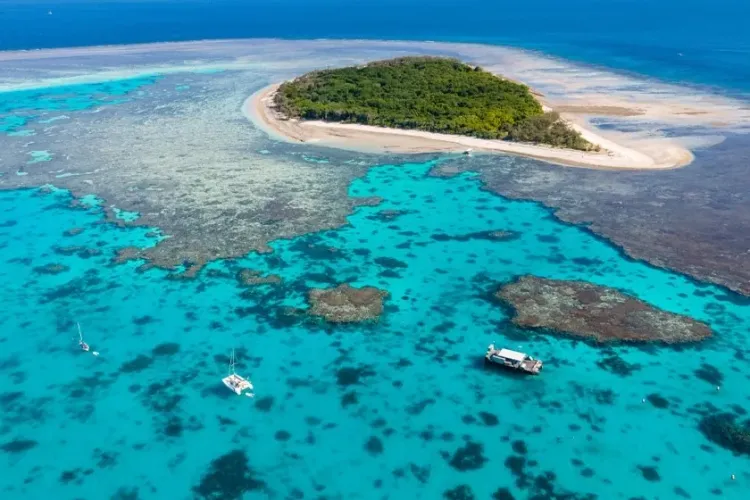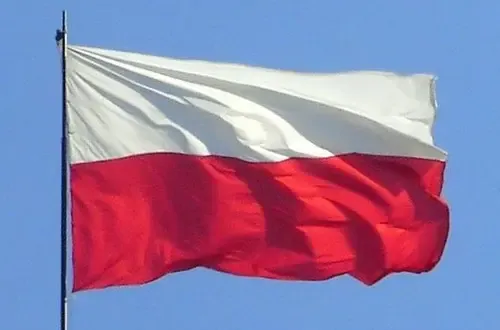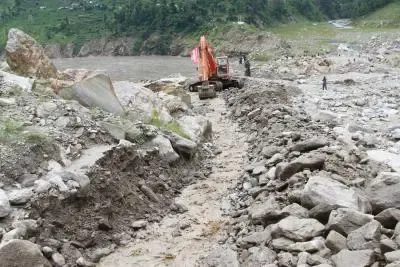Is Australia's Great Barrier Reef Experiencing a Coral Crisis?

Synopsis
Key Takeaways
- Significant decline in coral cover at the Great Barrier Reef.
- Coral health is becoming increasingly volatile.
- Climate change is a major driver of coral decline.
- Acropora species are among the most affected due to their vulnerability.
- Immediate action is needed to protect this vital ecosystem.
Sydney, Aug 6 (NationPress) The hard coral cover of Australia's Great Barrier Reef has seen a dramatic decrease, reverting to levels close to long-term averages after previously reaching record highs, according to a report released on Wednesday.
This revelation highlights a troubling trend in coral health, as indicated by the annual survey report from the Australian Institute of Marine Science (AIMS) regarding the world's largest coral reef system located off the coast of Queensland.
Since AIMS commenced monitoring 39 years ago, the Great Barrier Reef has recorded the most significant annual drop in coral cover in two out of its three regions, the report stated.
The decline is attributed primarily to climate change-induced heat stress stemming from the mass bleaching event of 2024, along with damage caused by cyclones and outbreaks of crown-of-thorns starfish.
AIMS reported that coral cover declined by approximately 25 percent in the northern region, nearly 14 percent in the central area, and around one-third in the southern region, which faced severe bleaching for the first time, as reported by Xinhua news agency.
Mike Emslie, the leader of AIMS' Long-Term Monitoring Program (LTMP), noted that over the past 15 years, hard coral cover has exhibited increased volatility, fluctuating rapidly between record lows and highs, indicating an ecosystem under stress.
Coral reefs primarily comprised of the Acropora species, recognized for their rapid growth yet high vulnerability, were among the most affected due to their susceptibility to heat stress, cyclones, and being a favored food source for crown-of-thorns starfish.
The AIMS 2025 LTMP surveyed 124 reefs between August 2024 and May 2025, revealing that most reefs had hard coral cover ranging from 10-30 percent, 33 reefs had 30-50 percent, two reefs surpassed 75 percent, and two fell below 10 percent.
AIMS CEO Selina Stead emphasized that the findings strongly illustrate how rising ocean temperatures due to climate change are inflicting significant and rapid damage on the coral communities of the Great Barrier Reef.









